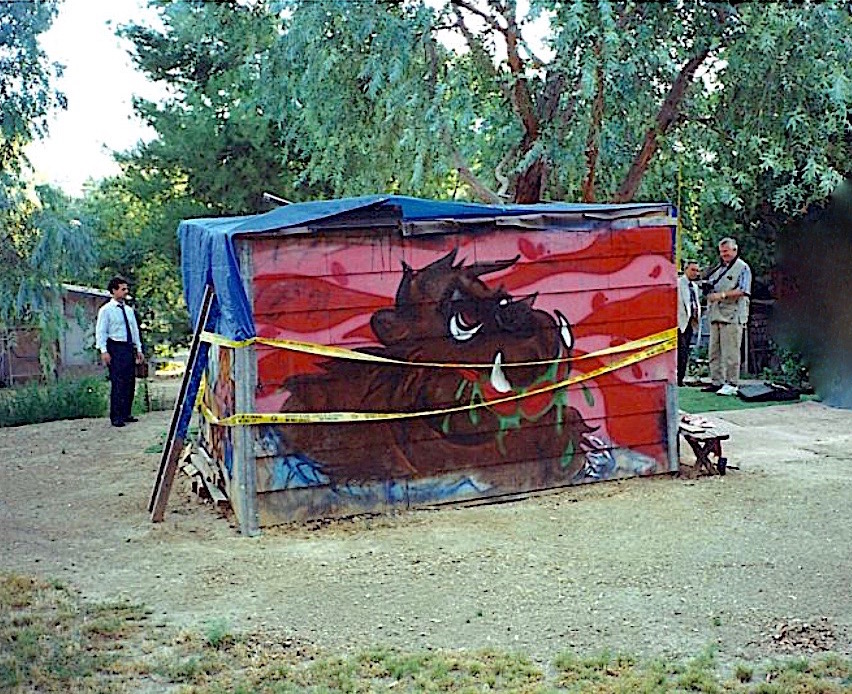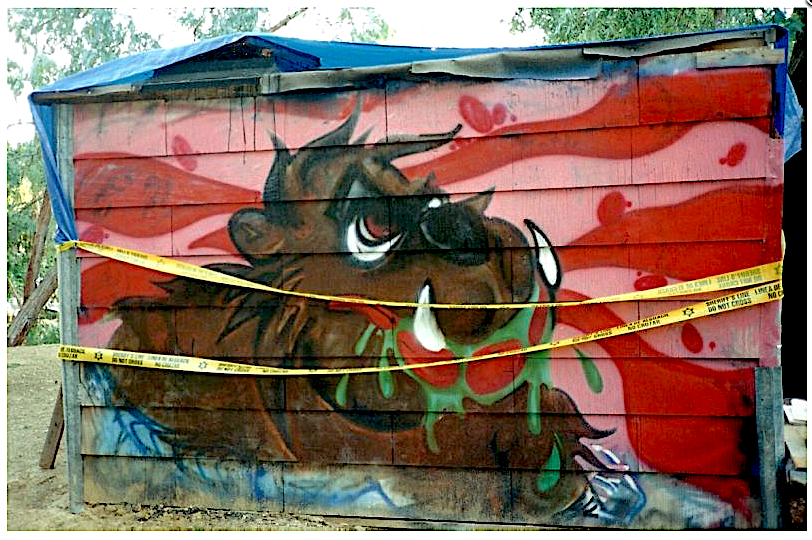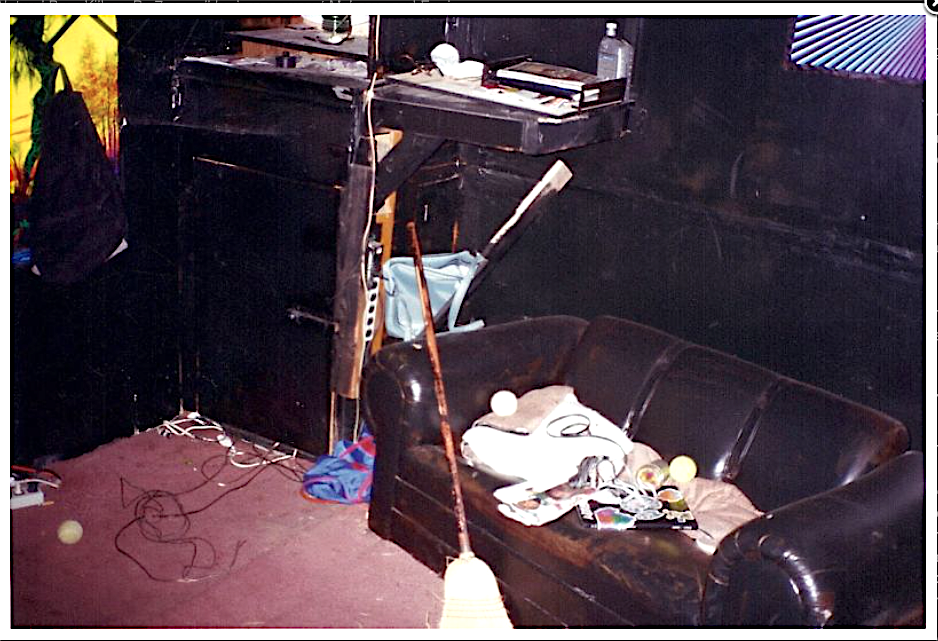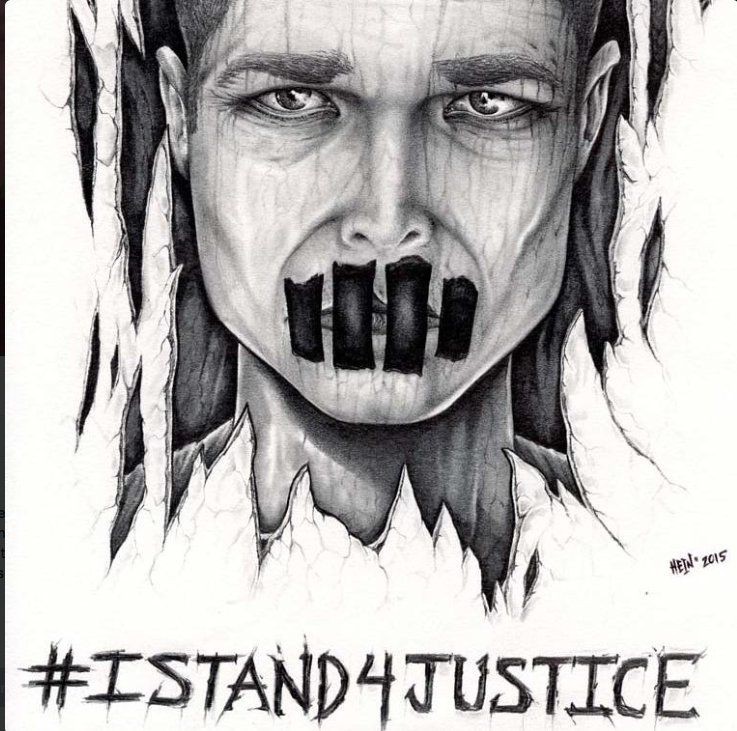Synopsis
A backyard brawl turned media circus filled with gang accusations turns a small, quiet town upside down.
After a day of ditching school and partying, a group of teenage friends drove to an acquaintance’s backyard clubhouse – a popular hangout spot – in quiet Agoura Hills, California. A brief fistfight erupted, and minutes later one boy was dead.
The prosecution depicted some of the boys as gang members and the crime as a robbery gone wrong. A media circus fueled the belief that this affluent neighborhood was in danger of a full-blown gang war. Five boys were charged with first-degree murder, including one boy who never even saw the fight. Four of them stood trial and faced life sentences in prison.
What really happened that day? Was it a botched robbery, gang activity, or something else? Would life sentences be fair – or would they be cruel and unusual punishment?
From our readers
“This is a book everyone should read to become more aware of the ineptitude of our legal system. I could not put the book down.”
“The author really takes the reader inside the world of the boys and their families with compelling and detailed storytelling.”
Photos from the story
Behind the book
Micah Holland was just fifteen years old, and had not yet reached puberty, when life as he knew it changed forever. Curled up in a sleeping bag on the floor at his friend Brandon’s house, he was jarred awake at three in the morning by a group of police officers waving guns in his face. “You’re wanted for murder,” they said.
Earlier that day, after skipping school and getting drunk, Micah had joined his eighteen-year-old brother, Jason, and friends Brandon, Tony, and Chris on a short drive to Mike McLoren’s backyard clubhouse—a popular hangout spot—to buy some marijuana. Mike and his best friend Jimmy were lifting weights outside when the five boys arrived. When Micah followed McLoren into the dark fort, a brief fistfight erupted. During the fight Jimmy was cut with a small pocketknife. Unbeknownst to the five friends, Jimmy bled out and died minutes after they left. Four of the five had no idea a pocketknife was even used. Tony had never joined the fight and remained in the doorway. Chris was still sitting across the street in his truck waiting for the others to return with the bag of pot. Still, all five boys were arrested and charged with first-degree murder, even though the death was an accident.
I had read about this appalling miscarriage of justice in Randall Sullivan’s 1997 Rolling StoneMagazine article, Lynching In Malibu: Teens on Trial. The town was Agoura Hills, California; a replica of the town where I grew up, it was sleepy and safe. In fact, at the time it was the number one choice of residence for Los Angeles Police Department officers. The boy who died, Jimmy Farris, happened to be the youngest son of a beloved LAPD homicide detective. The kids in the story were intelligent and creative, all raised in solid loving homes. But the media circus surrounding the trial painted Micah, Jason, Tony, Chris and Brandon as gang members who had gone to McLoren’s house to steal his marijuana. According to California’s Felony Murder Rule, if somebody accidentally dies during the commission of an intended felony, such as robbery, all parties involved can be tried for murder. Although there was no robbery, prosecutors convinced the jury that the boys intended to steal a small bag of weed. The case was highly political and the District Attorney’s office needed a conviction. They set out to make an example of these boys. The judge essentially said that because they skipped school, drank while underage, and participated in hedonistic activities, they must be bad kids. There was only one reasonable consequence, he concluded. He gave them sentences of life in prison.
I was horrified. Any one of the kids I grew up with – not to mention I, myself – could have been in that situation.
Ten years after reading the Rolling Stone article, I began teaching creative writing in the Los Angeles juvenile jails. There I met Sharry Holland, who was one of my first mentors. She told me she had gotten involved with teaching teen inmates because she could relate to them. After all, she had two sons in prison, who had been there since 1995. Sharry just happened to be the mother of Jason and Micah Holland, the brothers I had read about a decade before. I was shocked to hear they were still locked up. Sadly, appeals had been lost, and there was no hope. I promised Sharry I’d write a book about her boys someday. I spent many weekends in the state prisons with Micah, Jason, and Brandon getting to know them and hearing their sides of the story. Now middle aged, they are model prisoners, making the most of a heinous situation. One Cut explores how one poor decision can result in a journey through a frightening judicial system that is not always fair.
Imagine never seeing a sunset again. Never gazing at the moon or stars. Never hearing a dog bark again. Never kissing a girl. Never eating a home cooked meal again (or even a remotely satisfying one). Imagine living in complete isolation for several years straight, never touching a human hand, being fed slop at odd hours, and sleeping on a hard slab with no blankets. Picture this, and you’ll get a good idea of the life Micah Holland has lead for twenty two years. His crime? Drinking beers with his buddies then getting beaten up by a boy who was three years older, three inches taller, and thirty pounds heavier. In fact, by all accounts Micah never even threw a punch. Somebody died and somebody had to pay the price. Unfortunately for Micah, Jason, Brandon, and Tony that price amounted to cruel and unusual punishment.







